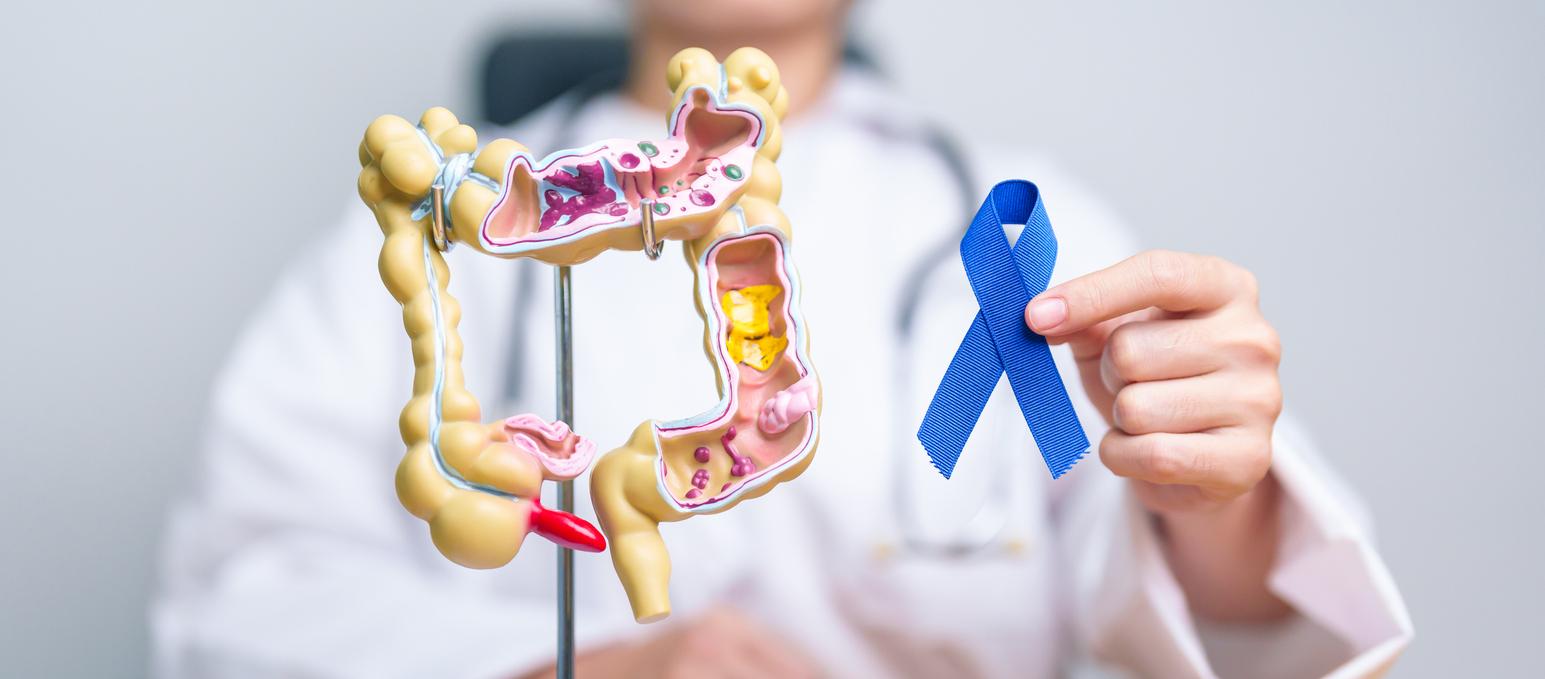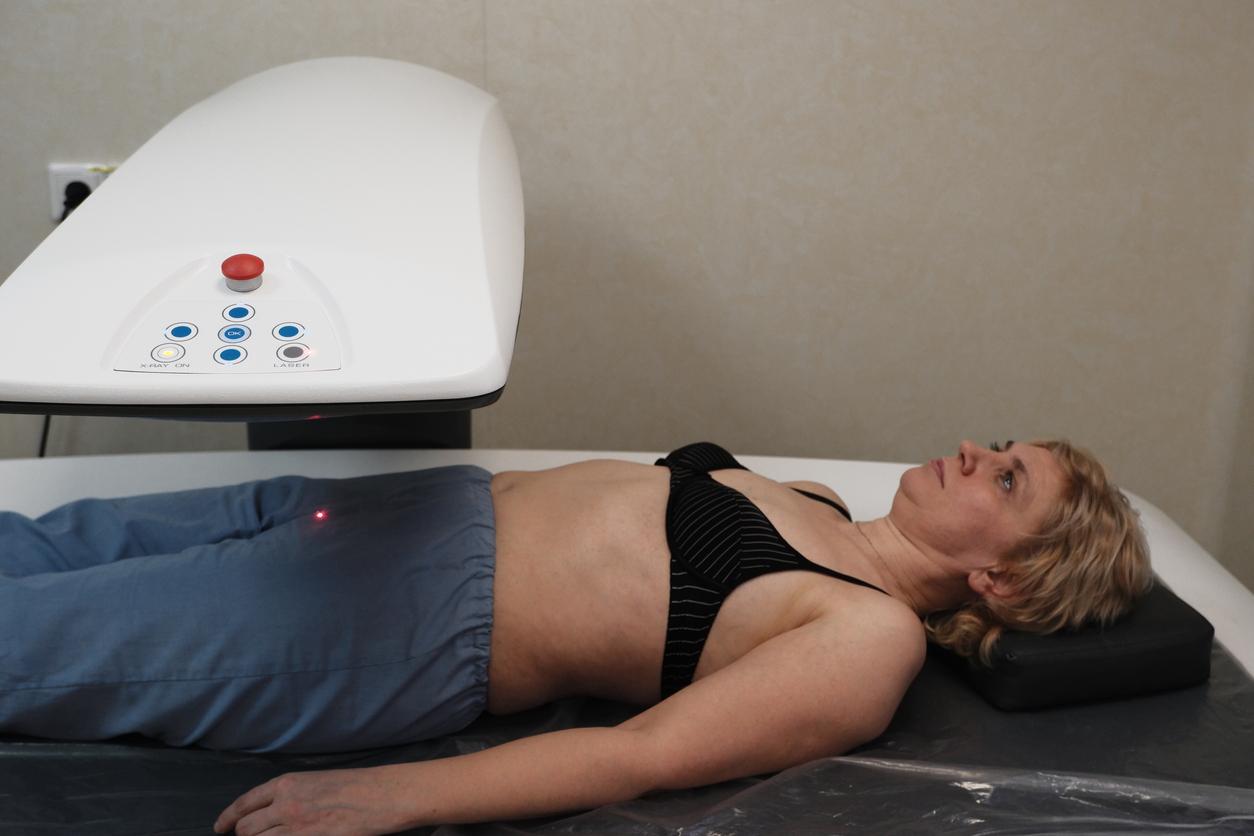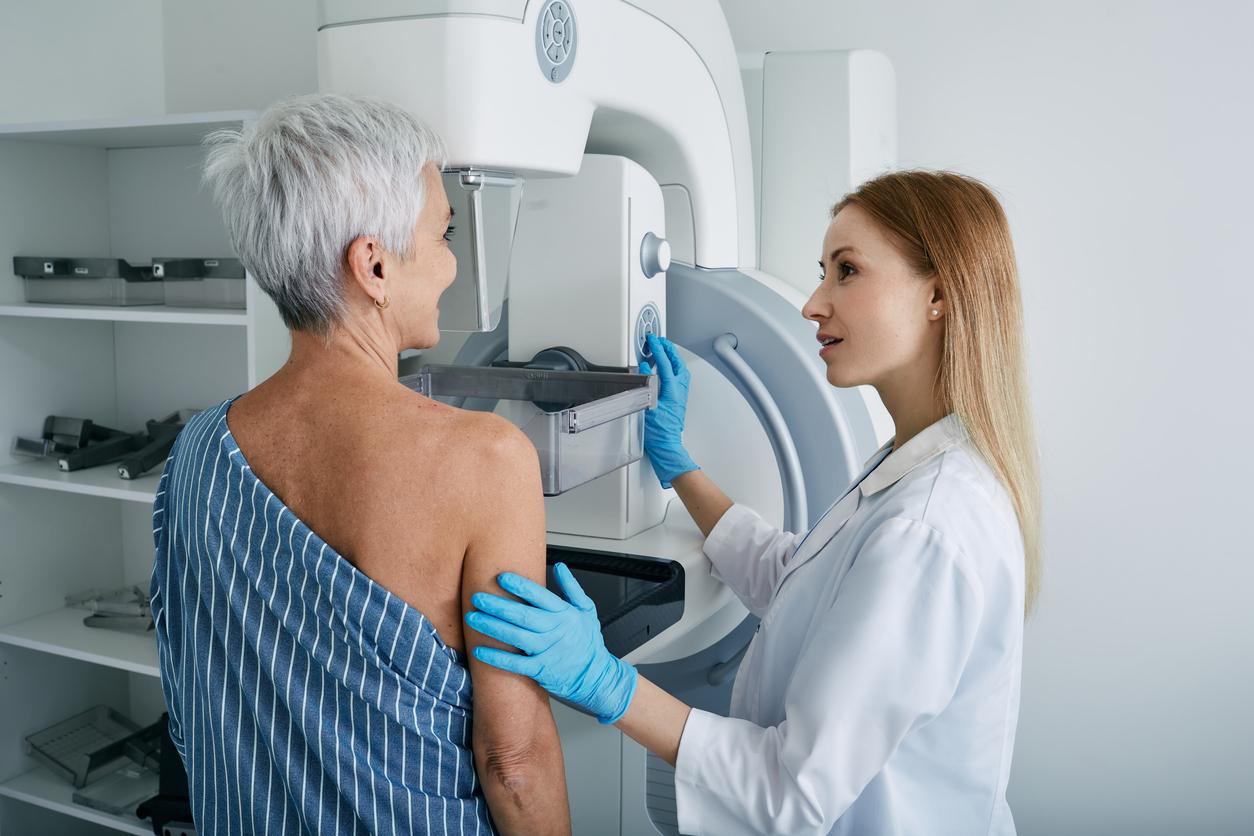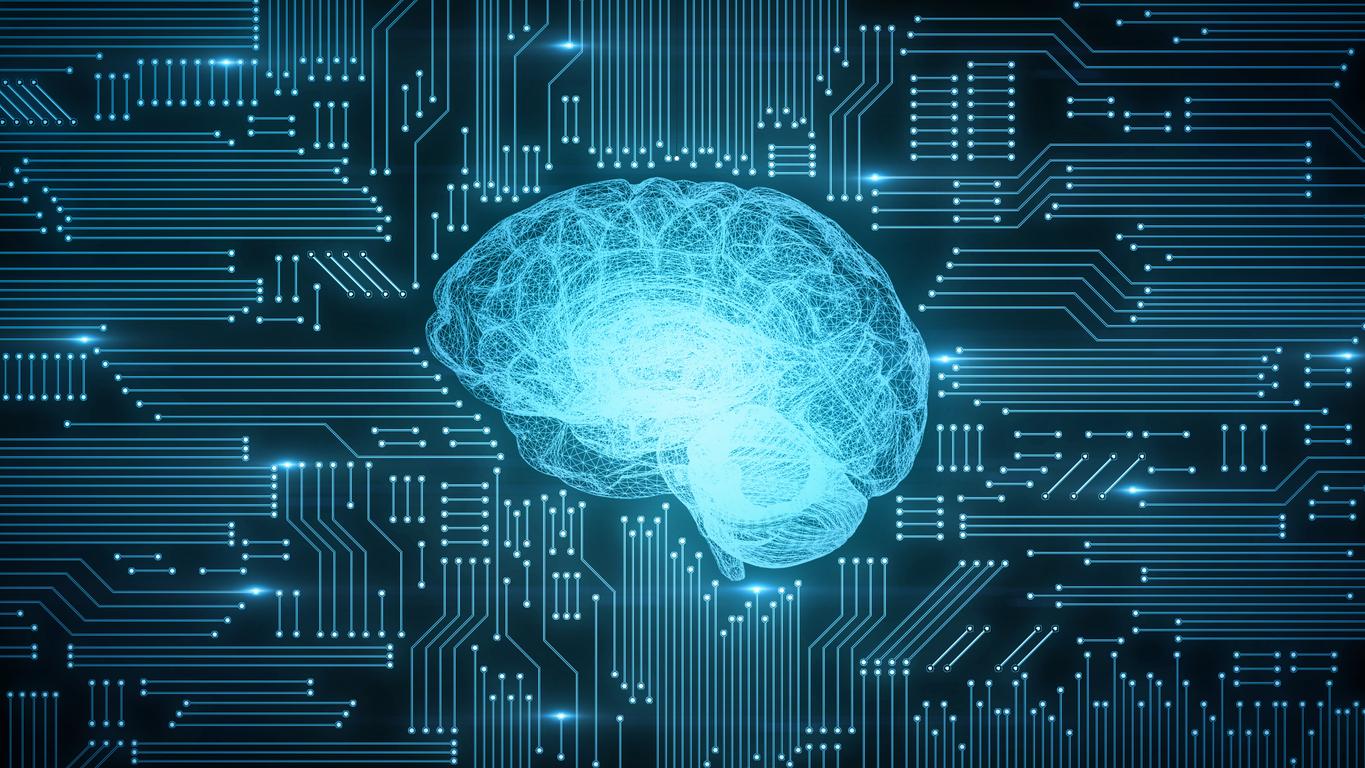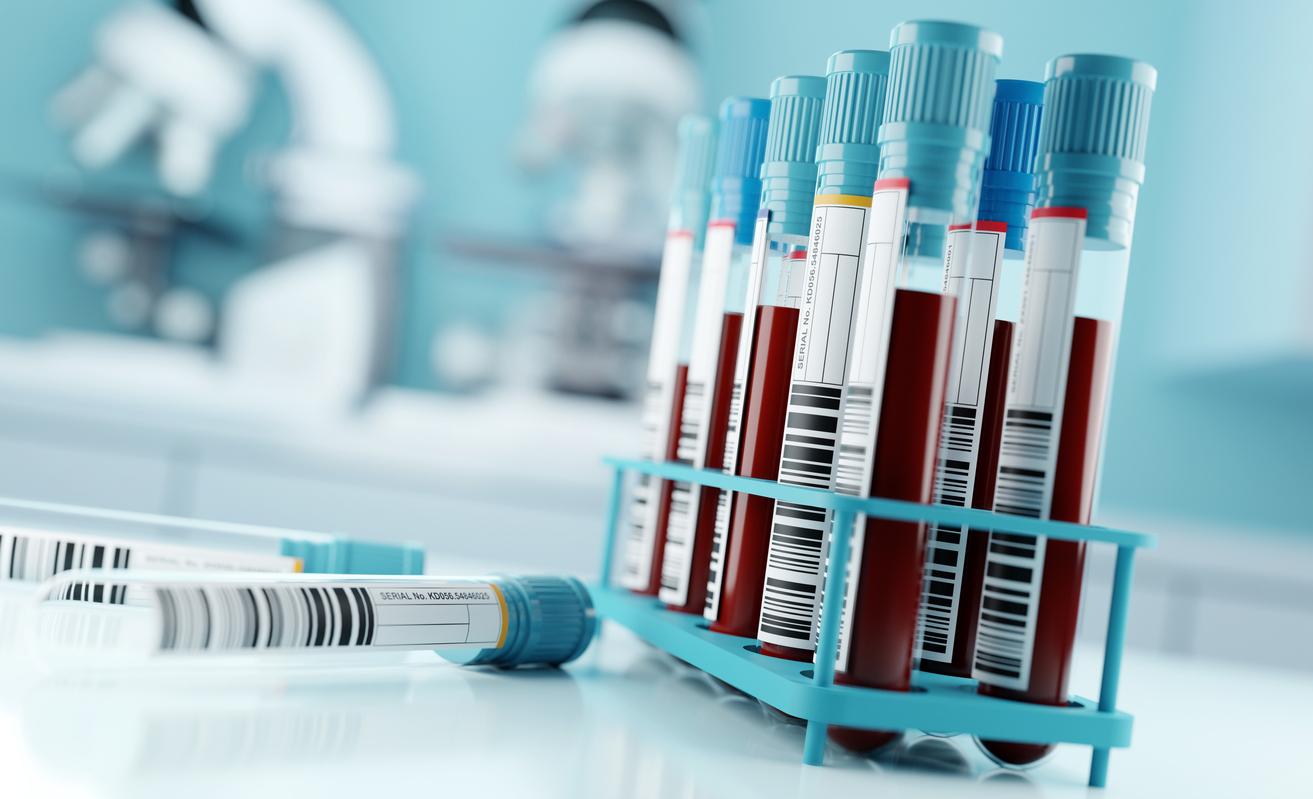A new study confirms the benefits of artificial intelligence in helping doctors effectively detect cancer and thus treat patients early.
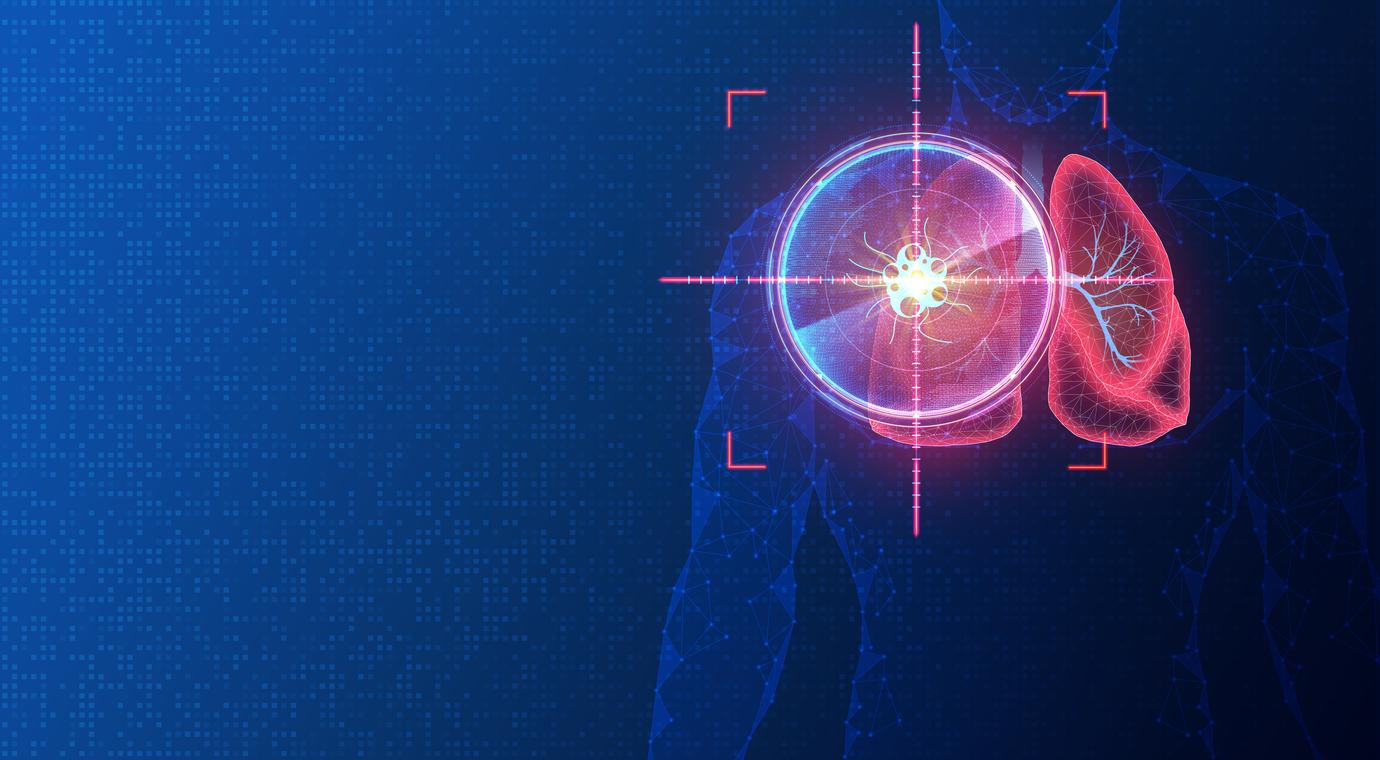
- Identifying changes in specific DNA methylation markers (a major hallmark of cancer cells) that indicate different types of cancer is like “looking for a needle in a haystack,” a study has found.
- Using AI trained to analyze “unusual DNA methylation patterns,” researchers were able to identify thirteen different cancers (breast, liver, lung, prostate, etc.) from non-cancerous tissue with 98.2% accuracy.
- Ultimately, this type of model “could help doctors detect cancers early and significantly improve patients’ prognoses, because most cancers are treatable or curable if detected early enough.”
With twenty million new cases and ten million deaths each year, cancer is the second leading cause of death worldwide. And by 2050, the numbers are expected to jump by 77%, according to the World Health Organization. For most tumors, the earlier the diagnosis is made, the less severe the treatments and the better the chances of cure.
However, according to a study published in the journal Biology Methods & Protocolsdoctors will soon be able to rely on artificial intelligence (AI) to effectively detect cancer in patients, paving the way for early treatment.
Cancer and DNA methylation
The new approach targets the process of DNA methylation, defined by extracellular chemical modifications that intervene to regulate gene expression without altering the DNA sequence. The scientific community has long known that widespread alteration of the DNA methylation profile is a major characteristic of cancer cells.
“Each individual cell has millions of these DNA methylation markers, explain researchers from the University of Cambridge and Imperial College London (United Kingdom) in a communicated. We observed changes in these markers early in the development of cancer, changes that could help in its early diagnosis. Indeed, it is possible to examine which DNA bases are methylated in cancers and to what extent, compared to healthy tissues.”

Thirteen different cancers detected by artificial intelligence
Problem, identifying specific DNA methylation signatures indicative of different types of cancer comes down to “looking for a needle in a haystack”. This is where the AI developed by the research team came in handy. Using a combination of machine learning and deep learning trained to analyze the “unusual DNA methylation patterns”the researchers were able to identify thirteen different cancers (breast, liver, lung, prostate, etc.) from non-cancerous tissues, with an accuracy of 98.2%.
“This method relies on tissue samples (not DNA fragments in the blood) and would require further testing on a more diverse panel of biopsy samples before being operational for clinical use,” scientists are cautious. However, this type of AI model “could help doctors detect cancers early and significantly improve patients’ prognoses, since most cancers are treatable or curable if detected early enough.”










